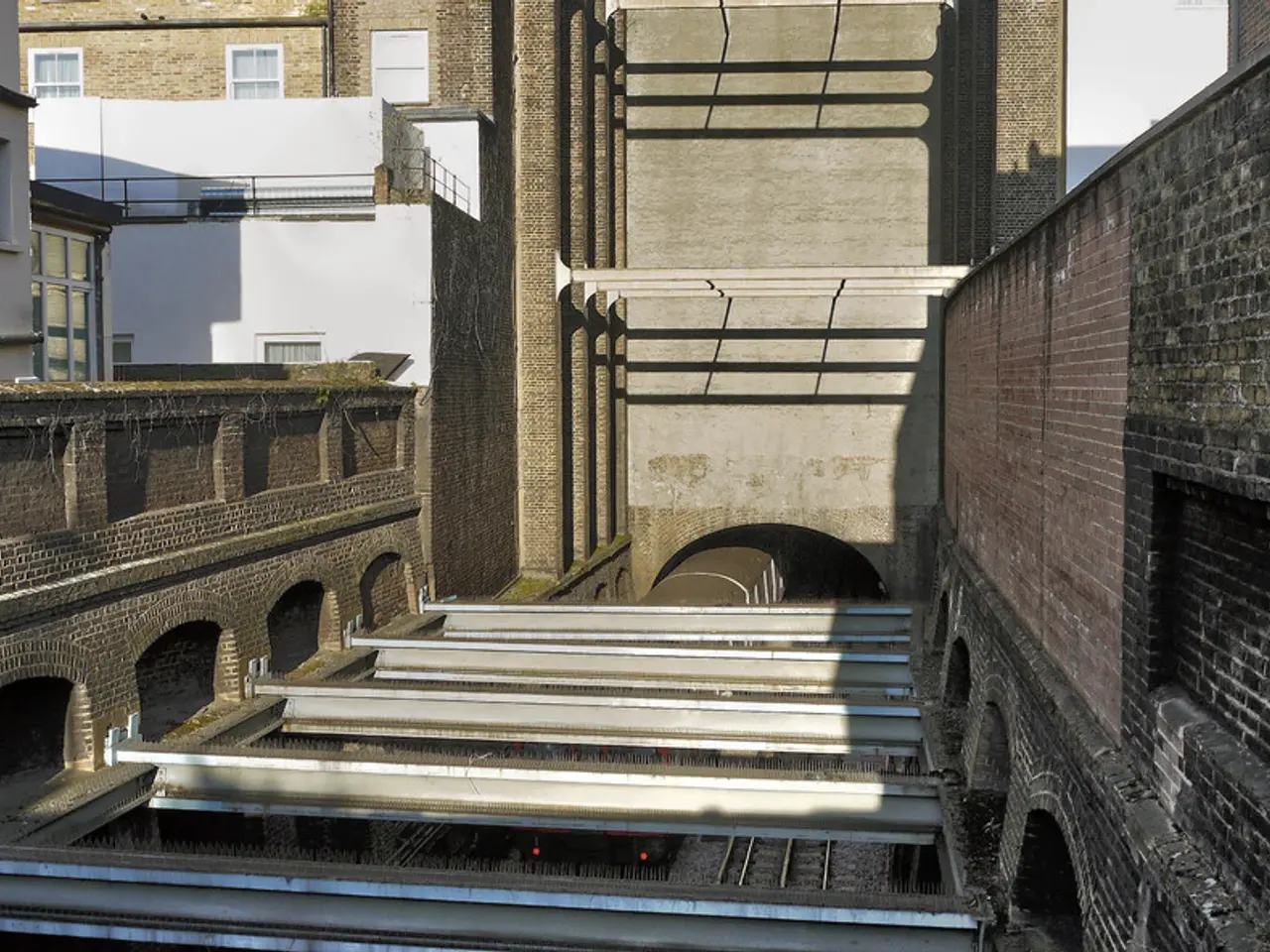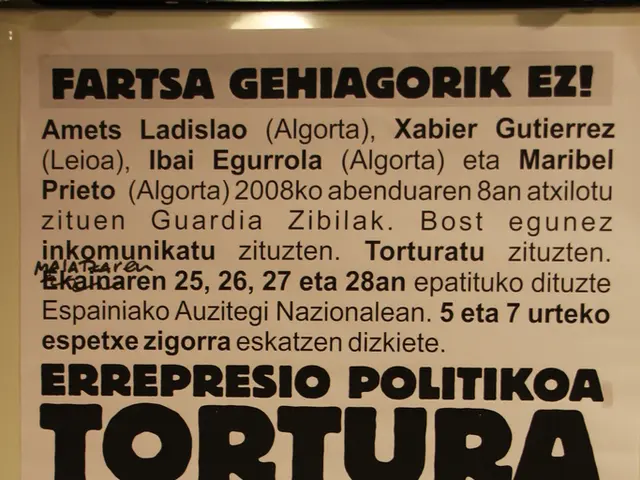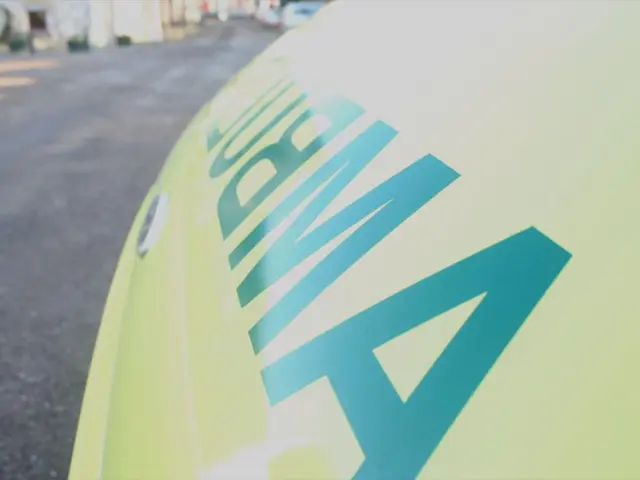Border control expenses amount to 80.5 million euros
In a move aimed at addressing security and migration concerns, Germany has extended its internal border controls until at least March 2026 [1][3][4][5]. This decision comes as a continuation of measures that were initially implemented last September by then Federal Minister of the Interior, Nancy Faeser (SPD) [2].
The enhanced border checks include refusing entry to asylum seekers without valid documents, pushbacks, and increased deportations, primarily targeting countries like Afghanistan and Syria [1][2][4][5]. However, a detailed cost breakdown of these controls, specifically covering categories such as overtime, catering, accommodation, allowances, leadership, and deployment means, or the operation of border stations, remains unavailable [1][2][3][4][5].
The largest item of expenditure so far has been "overtime compensation", accounting for an additional 37.9 million euros in deployment-related costs from April to the end of June 2025 [6]. Approximately 2 million euros were spent on the operation of border stations, and around 3 million euros were spent on allowances for "unsuitable hours" during border control operations [6].
The response to these costs was made by the Federal Ministry of the Interior to a written question from Left Party MP Clara Bünger, who described the federal government's approach as "illegal border closure policy" [7]. Bünger also stated that border controls make it more difficult for asylum seekers to flee, cause traffic chaos in border regions, burden border commuters, and cause enormous costs [7].
Despite the lack of detailed financial information, the government maintains that border controls are a necessary measure linked to preventing illegal migration and terrorism while the EU’s external border system is being developed [1][2][3]. The controls include identity checks and detailed traveler inspections at borders with neighboring countries [3].
The costs for the deployment of the Federal Police at the internal borders ranged between 24 and 29.1 million euros per quarter [8]. Around 2.6 million euros were spent on "leadership and deployment means" for border control operations [6].
The extension of border controls contradicts the Schengen Agreement's principle of open free movement but is allowed temporarily under current security threats [3]. Alexander Dobrindt (CSU), Faeser's successor, tightened the controls after the formation of the black-red federal government on 8 May [2].
Sources:
[1] Funke Media Group [2] German Press Agency [3] European Commission [4] Federal Ministry of the Interior [5] German Federal Constitutional Court [6] Response to a written question from Left Party MP Clara Bünger [7] Clara Bünger's statement [8] Federal Police report
The extension of border controls in Germany, amidst security and migration concerns, has sparked debates in the realms of politics and general news, with some criticizing it as an illegal border closure policy [7]. Moreover, the finance industry is grappling with the operational costs associated with these controls, with categories such as leadership, deployment means, and overtime compensation accounting for significant portions of the spending [6].




